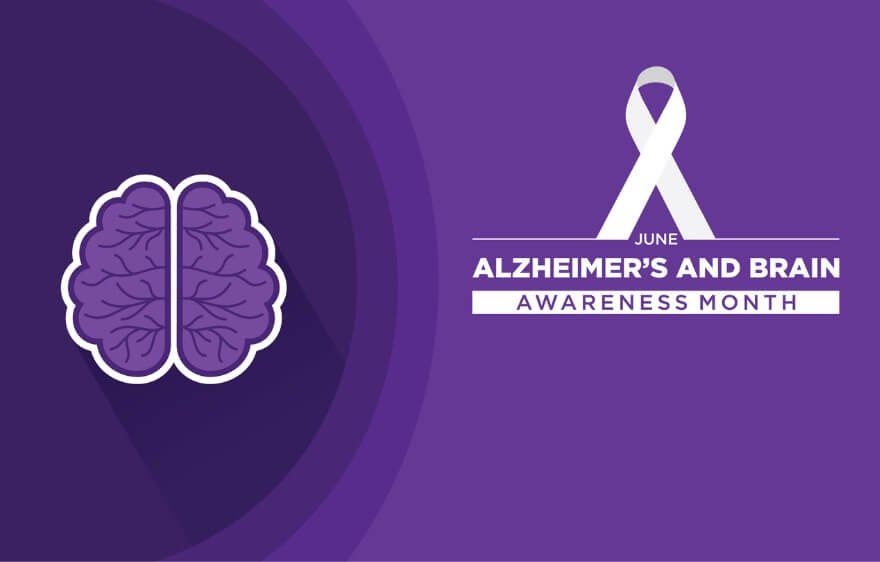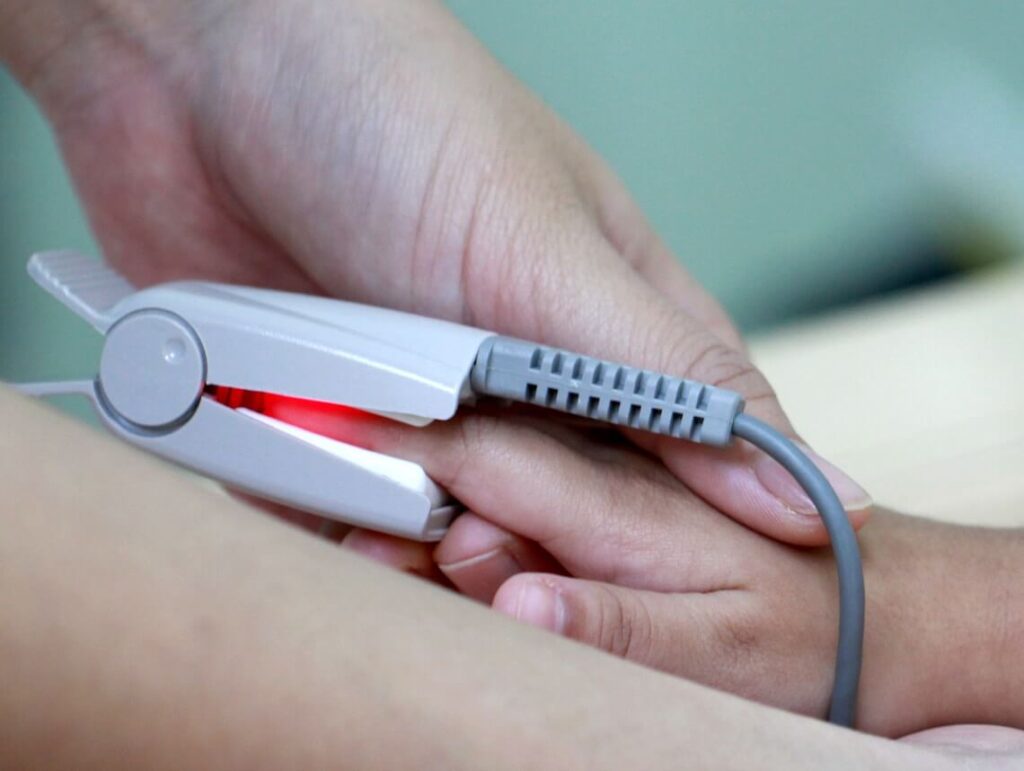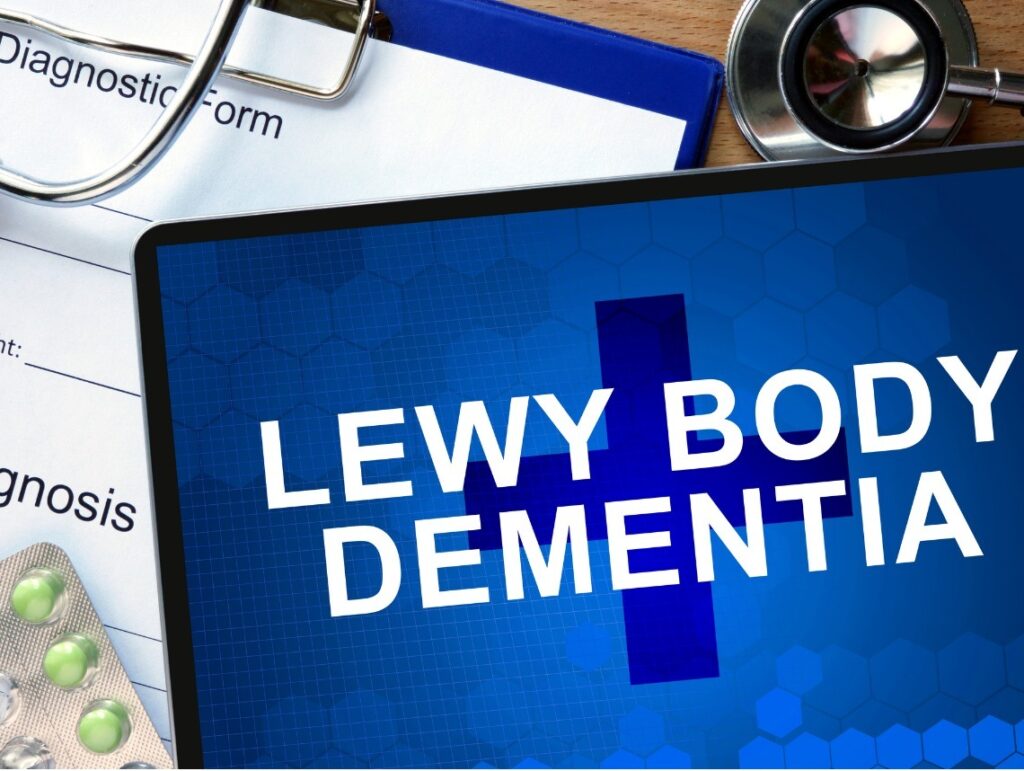Over time, we’ve come to find that women are often impacted by Alzheimer’s on a much larger scale than men. In fact, research shows that women currently represent the majority of individuals both living with Alzheimer’s and providing care for Alzheimer’s patients. Take a look at some potential reasons why Alzheimer’s is more prevalent among women – along with some shocking results from a recent Alzheimer’s study.
In a recent report published by the Alzheimer’s Association, we learned that out of 5 million+ individuals suffering from Alzheimer’s, 3.2 million are women. This number represents nearly ⅔ of all Americans living with the disease.
We also learned that women in their 60s are almost twice as likely to develop Alzheimer’s as they are to develop breast cancer, and at 65 years old, a woman’s estimated lifetime risk of developing dementia is approximately 1 in 6 (compared to 1 in 11 for men).
Science is getting closer to determining the exact reasons behind these statistics, but in the meantime, researchers have suggested a number of potential explanations:
- On average, women have longer lifespans than men (81 years compared to 76) and are more likely to reach an age of high risk for Alzheimer’s. According to the National Institute on Aging, the risk of developing Alzheimer’s nearly doubles every 5 years after the age of 65.
- Notable differences between men and women in terms of the structure of the brain may impact the likelihood of developing Alzheimer’s and other forms of cognitive decline.
- When comparing the behaviors of dementia patients, researchers have found that men and women often exhibit different behaviors and changes, suggesting that dementia affects the male and female brains differently.
- Recent studies have found a link between depression and the onset of dementia, suggesting that individuals suffering from depression are more than twice as likely to develop dementia and nearly 65% more likely to develop Alzheimer’s.
In addition to the above suggestions, several gene variants have been shown to be associated with an increased risk of developing Alzheimer’s and other forms of dementia.
ApoE4: A Gene Linked to Alzheimer’s
A recent study conducted by the American Neurological Association has found a potential link between the gene variation ApoE4 and the likelihood that a woman will develop Alzheimer’s in her lifetime.
According to the study, this gene is only present in approximately 20% of the population, but almost half of all individuals with Alzheimer’s disease also have this gene. After reviewing nearly 8000 elderly medical records, researchers found that women who possessed this gene had almost twice the likelihood of developing dementia as those who did not have the gene.
Contact Care Options for Kids for Home Health Care Services
The knowledge, resources, and emotion required to care for a loved one with Alzheimer’s can be overwhelming. At Care Options for Kids, we understand the struggles families face when dealing with Alzheimer’s.
We refer loving and qualified caregivers to provide expert Alzheimer’s care – from respite services to around-the-clock care. Contact us directly to speak with a home health care professional or request a free in-home assessment. Together, we can determine the right plan of action for your family.
If you or an aging loved one are considering home health care services, contact the caring staff at Care Options for Kids. Call today at (888) 592-5855.
Sources
https://www.alz.org/media/Documents/facts-and-figures-2018-r.pdf
https://www.huffpost.com/entry/us-life-expectancy-oecd_n_4317367
https://time.com/3060179/depression-is-a-risk-factor-for-dementia-new-research-says/






